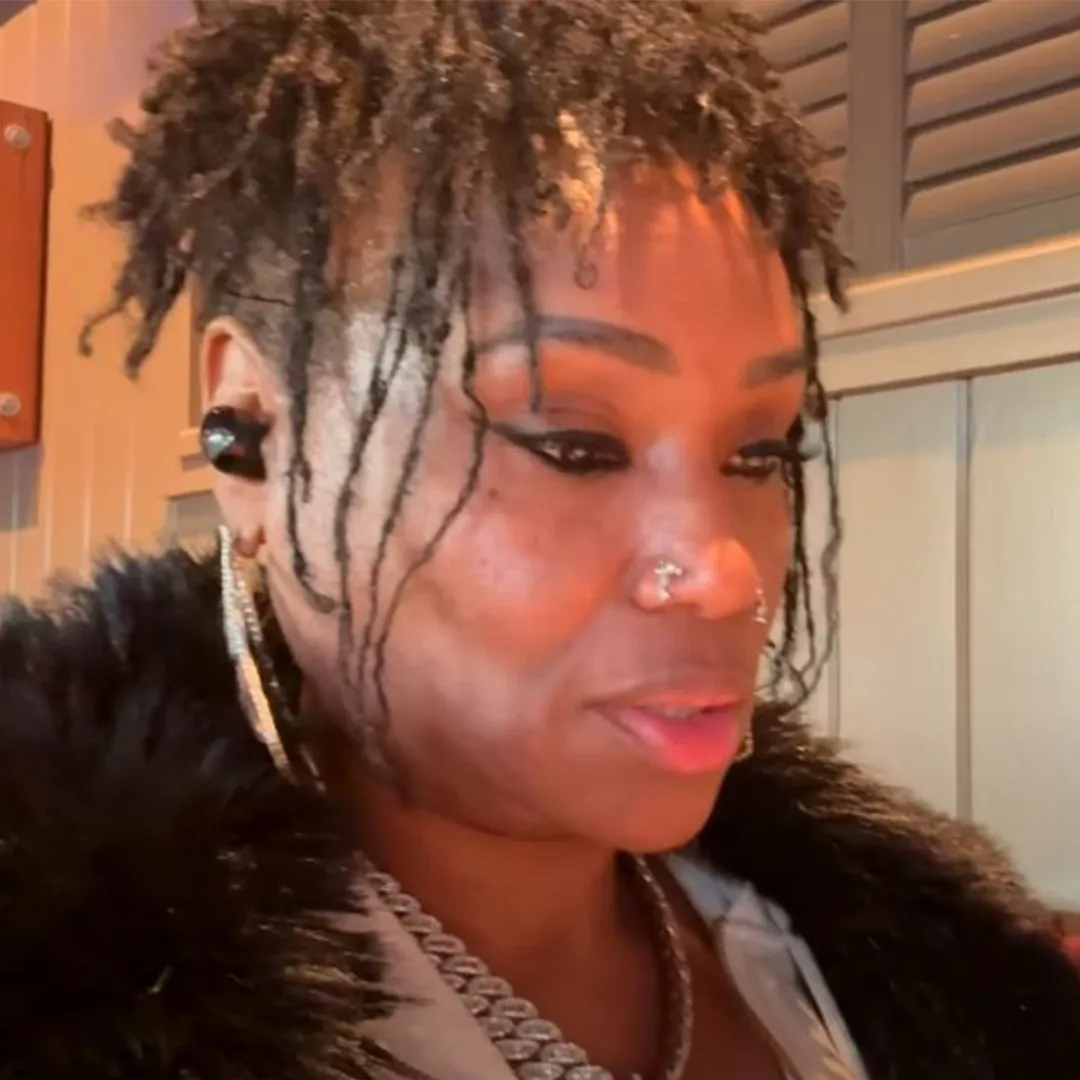For generations, society has clung to rigid beauty ideals—especially around body size. But what’s even more troubling than these narrow standards is how unequally they are enforced. As I reflect on the reality of fat phobia, it becomes painfully clear: people are not judged equally based on their weight, especially when gender enters the equation.
Take a moment to consider this. A plus-sized man is often met with playful nicknames like “big guy,” “teddy bear,” or “big daddy.” These labels, while casual, carry undertones of strength, warmth, and even charm. Larger men are seen as strong, huggable, protective—sometimes even sexy.

But when it comes to women, the tone shifts dramatically.
A woman with a fuller figure is more likely to receive judgment than a nickname. The stares grow colder. The comments get sharper. The message is clear: she must shrink herself to be accepted. To be loved. To be enough. One fluctuation on the scale and suddenly she’s bombarded with diet ads, unsolicited advice, and a sea of voices telling her to “fix” what was never broken.
(If you enjoyed this post and want to try out the same ingredients and tools I use, feel free to check them out below!
These are affiliate links, which means I earn a small commission at no extra cost to you. Thank you for supporting my work 💛
This isn’t just body shaming—it’s gendered oppression. It’s the intersection of fat phobia and sexism, working hand in hand to enforce a system where women must constantly earn their worth through thinness, while men are granted grace, even praise, for taking up space.
But let’s be honest: health cannot be measured by appearance. There are thin individuals with chronic conditions, just as there are plus-sized people living vibrant, healthy lives. Weight alone is not a reliable indicator of health, and it certainly shouldn’t be the yardstick by which we measure a person’s dignity.
So why do we let it define us?
It’s time we unlearn the toxic messages that equate size with value. We must challenge the outdated beauty narratives and embrace the truth: every body is worthy. Every shape, every curve, every number on the scale represents a life—an experience, a voice, a person who deserves respect.
We need a cultural reset—one where we stop asking, “How much do you weigh?” and start asking, “How do you feel?” Because at the end of the day, our worth isn’t found in our weight—it’s found in our humanity.




